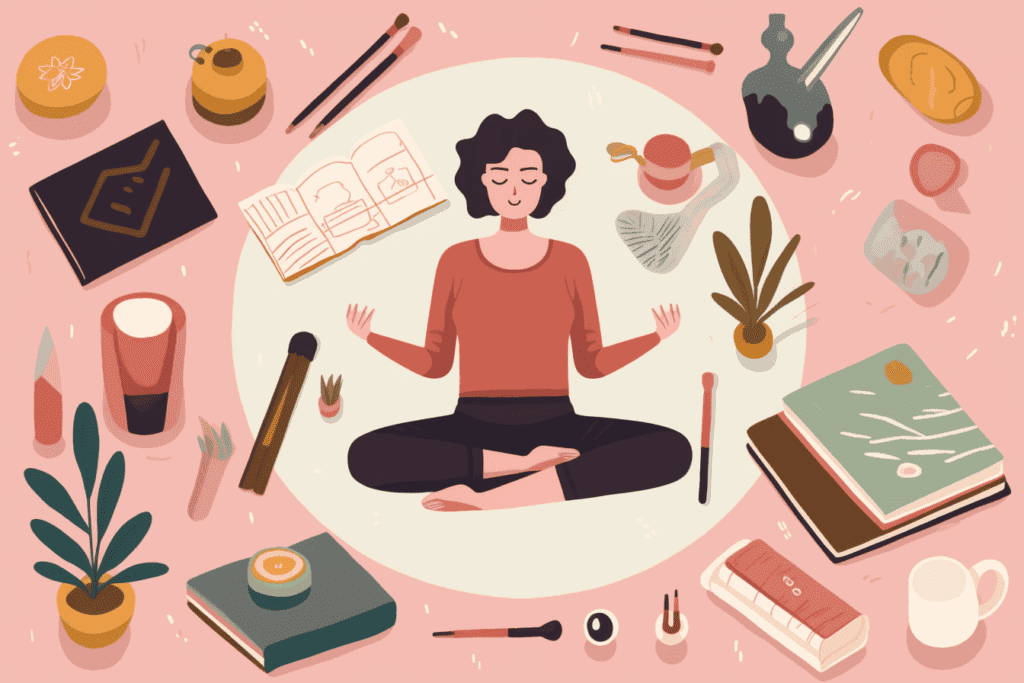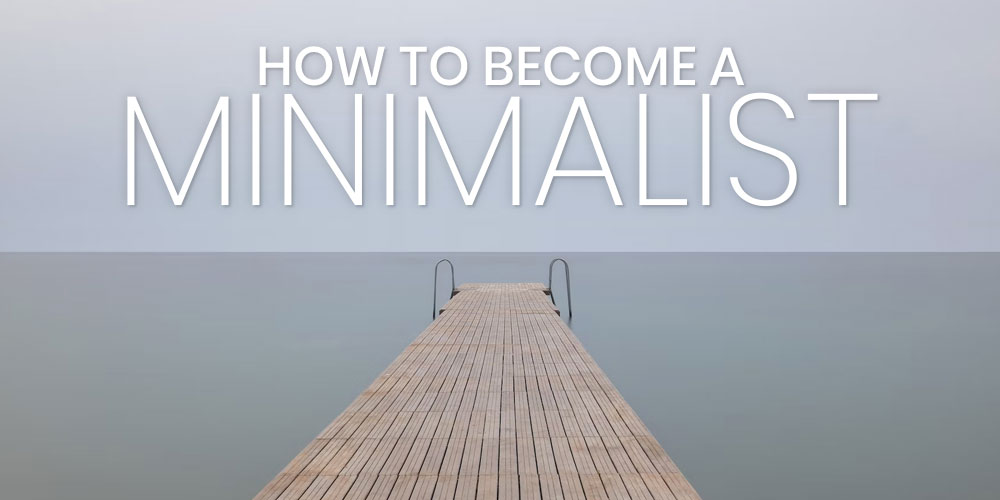
The Art of Minimalism: Decluttering Your Life for a Happier Existence
In a world where consumerism often equates to success and happiness, the concept of minimalism offers a refreshing alternative. Minimalism isn’t merely about owning fewer possessions; it’s a mindset, a deliberate choice to simplify one’s life and focus on what truly matters. This growing trend is not just about aesthetics or decluttering physical spaces but extends to decluttering the mind and soul as well. By embracing minimalism, individuals can experience greater happiness, reduced stress, and a more intentional approach to living.
The Rise of Minimalism

The minimalist movement has gained momentum in recent years as people seek to escape the overwhelming pace of modern life. It challenges the notion that more is always better and encourages a shift towards simplicity and mindfulness. At its core, minimalism is about stripping away the unnecessary to make room for the essential. This can manifest in various aspects of life, including possessions, relationships, commitments, and even digital clutter.
Many are drawn to minimalism because of its promise of freedom—freedom from the constant pursuit of material wealth, freedom from comparison with others, and freedom from the burden of excess. By intentionally choosing what adds value and eliminating what doesn’t, minimalists aim to create a life that is more meaningful and fulfilling.
Benefits of Decluttering

One of the fundamental principles of minimalism is decluttering—both physical and mental. Clutter in our physical environment can overwhelm our senses, increase stress levels, and make it difficult to focus. Studies have shown that a cluttered space can lead to increased cortisol levels, which in turn affects our mood and overall well-being.
By decluttering our physical spaces, we create room for clarity and calm. Each item we choose to keep serves a purpose or brings us joy, aligning with Marie Kondo’s famous question, "Does it spark joy?"" This deliberate approach to things not only lowers visual disarray, but also fosters a sense of order and peace..
Moreover, minimalism extends beyond physical clutter to include digital and mental clutter. Constant notifications, emails, and social media updates can inundate our minds, leaving little room for quiet reflection or creativity. Adopting a minimalist mindset involves curating our digital lives as well—unsubscribing from unnecessary emails, organizing digital files, and setting boundaries for screen time.
The Importance of Mindfulness

Central to the minimalist philosophy is mindfulness—the practice of being present and aware of our thoughts, feelings, and surroundings. Mindfulness allows us to make conscious choices about how we spend our time and energy, ensuring that our actions align with our values and goals.
In a minimalist lifestyle, every decision—from what we purchase to how we spend our leisure time—is made deliberately and with intention. This mindfulness helps us avoid impulsive or frivolous spending, reduce environmental impact, and cultivate deeper connections with others.
Practicing mindfulness also extends to our relationships and commitments. Minimalism encourages us to prioritize quality over quantity, focusing on meaningful connections and activities that bring joy and fulfillment. By saying no to activities or relationships that no longer serve us, we create space for those that do.
Practical Tips for Adopting a Minimalist Mindset

Embracing minimalism is a journey that looks different for everyone. Here are some practical tips to help you start:
Evaluate Your Belongings : Take inventory of your possessions and ask yourself if each item is truly necessary or adds value to your life.
Declutter : Begin with one area at a time—whether it’s your closet, kitchen, or digital files. Sort items into categories (keep, donate/sell, discard) and be ruthless in letting go of things you no longer need.
Practice Mindful Consumption : Before making a purchase, consider whether it aligns with your values and whether it will truly enhance your life.
Set Limits : Establish boundaries for digital consumption, such as limiting screen time or unsubscribing from unnecessary notifications.
Create Space for What Matters : Once you’ve decluttered, intentionally fill your space with items that bring you joy and align with your priorities.
Develop Daily Habits : Incorporate mindfulness practices into your daily routine, such as meditation, journaling, or simply taking moments of quiet reflection.
Focus on Experiences : Instead of accumulating more things, prioritize experiences and relationships that enrich your life and create lasting memories.
Conclusion
Minimalism is not a one-size-fits-all solution, but rather a guiding philosophy that empowers individuals to live with greater intention and purpose. By embracing minimalism, we can create space for what truly matters, reduce stress, and cultivate a deeper sense of happiness and fulfillment. Whether you’re decluttering your home, simplifying your schedule, or reevaluating your priorities, the journey towards minimalism is a transformative process that invites you to live more deliberately and authentically. As you embark on this journey, remember that the art of minimalism isn’t about deprivation—it’s about liberation and finding joy in the essentials of life.








